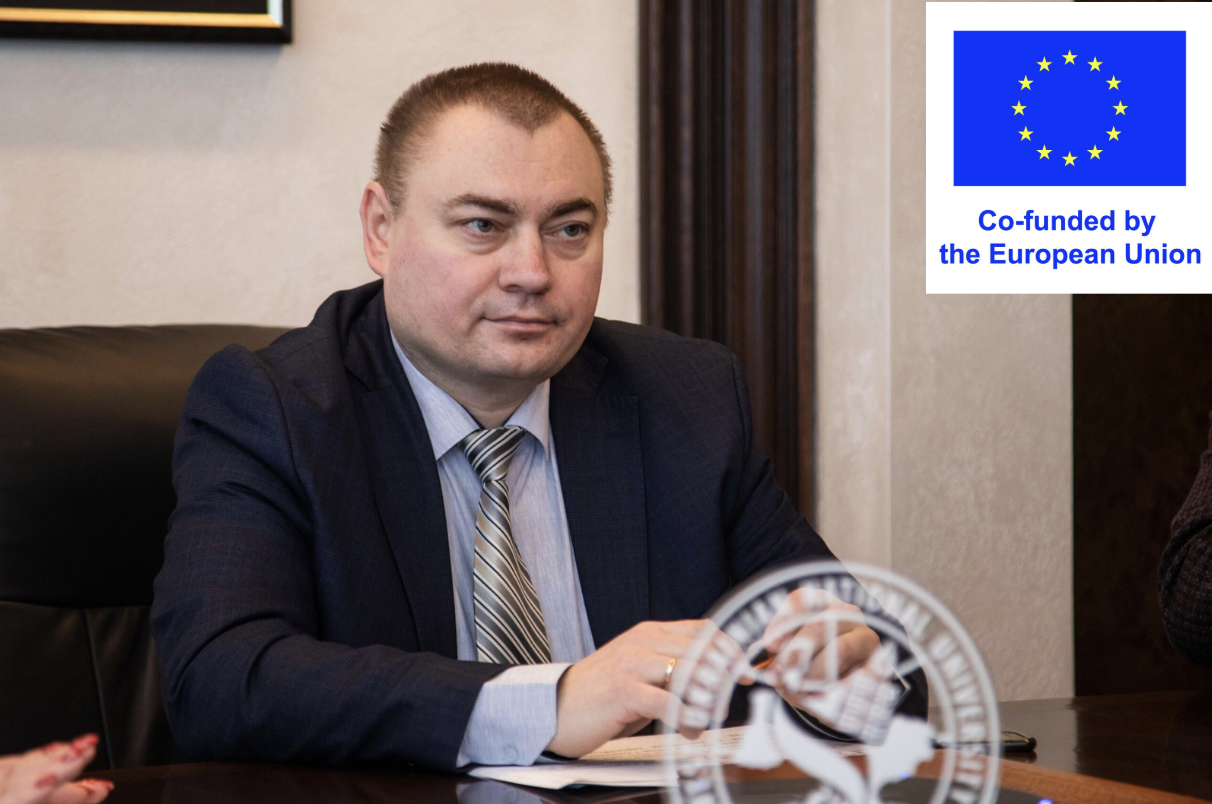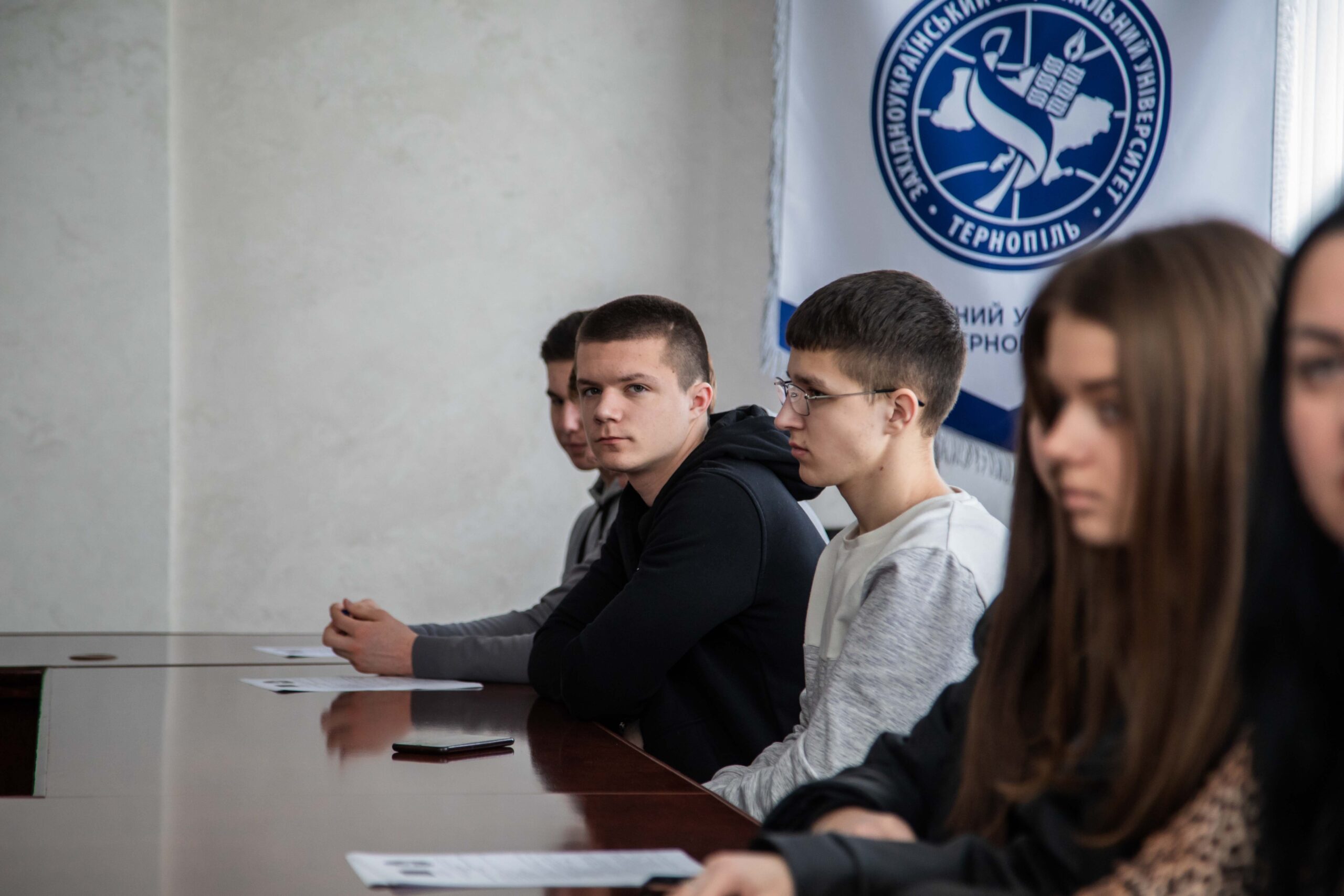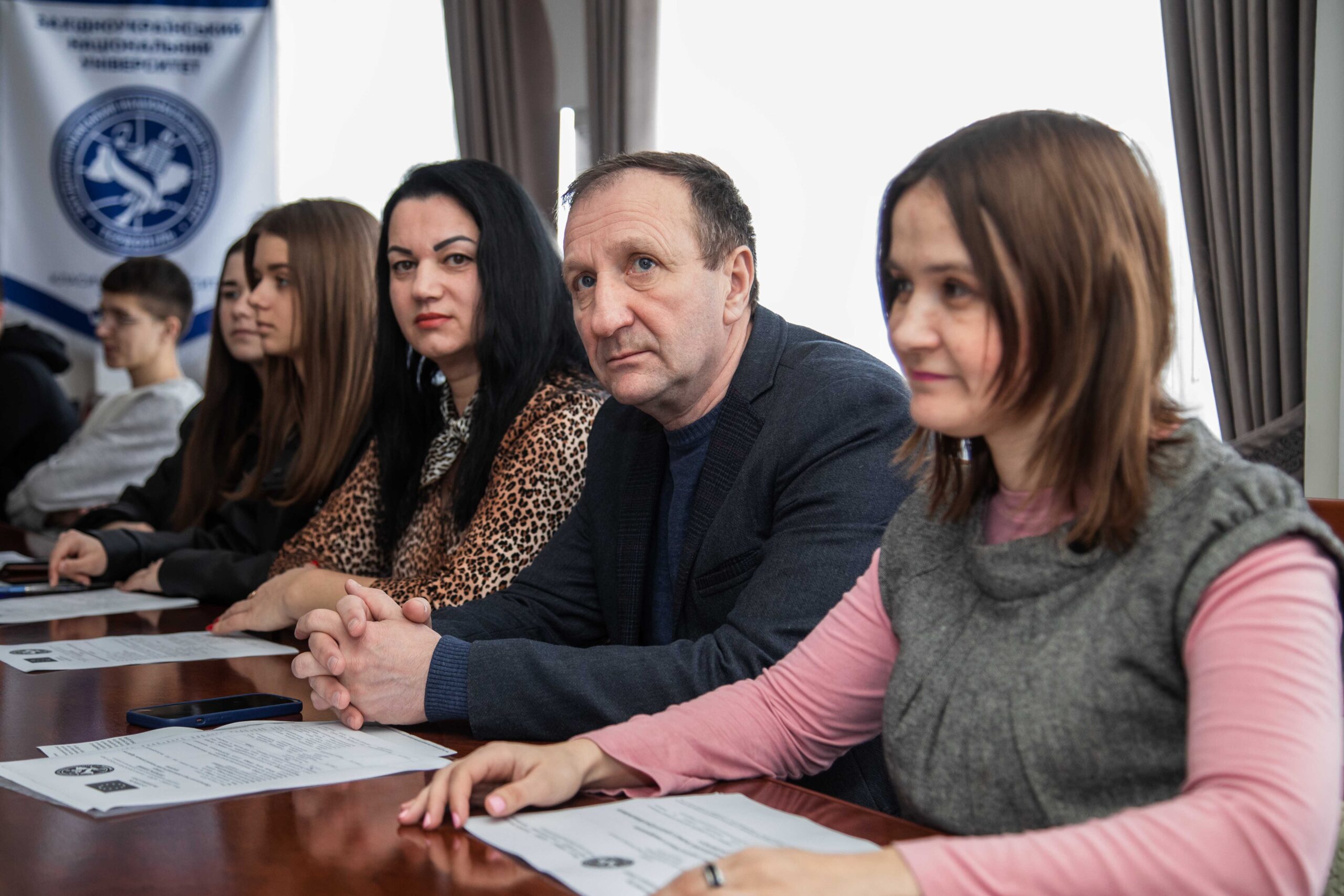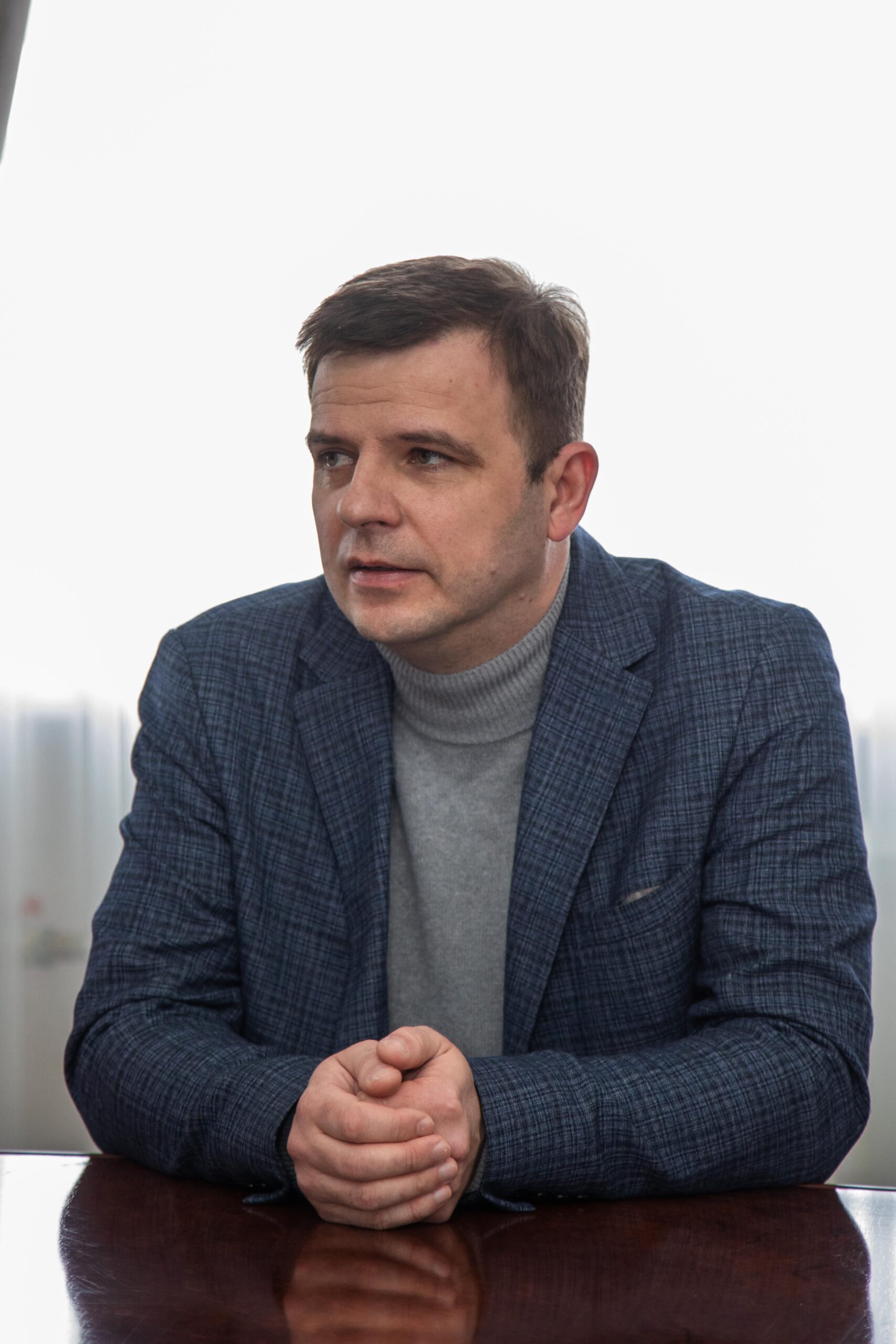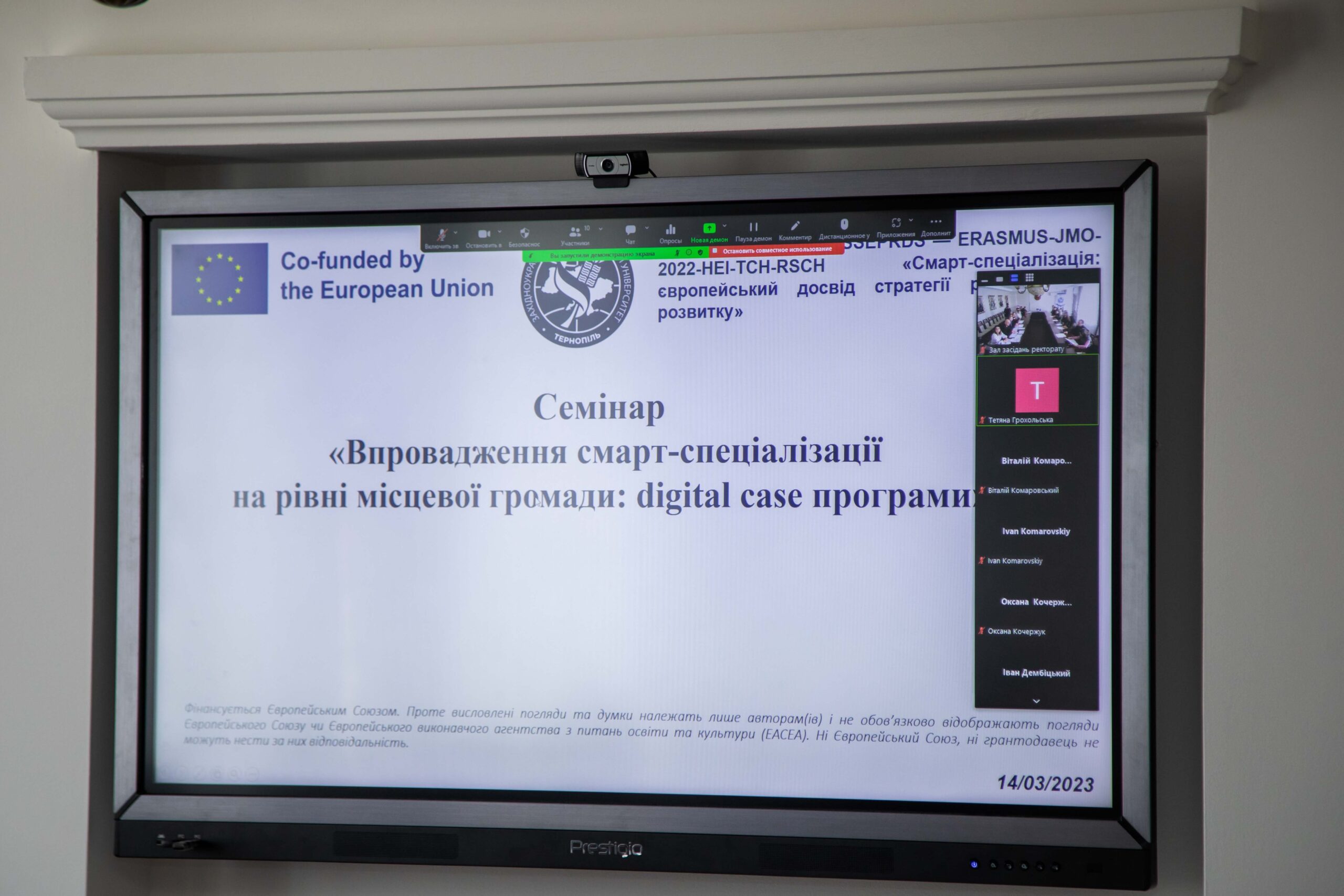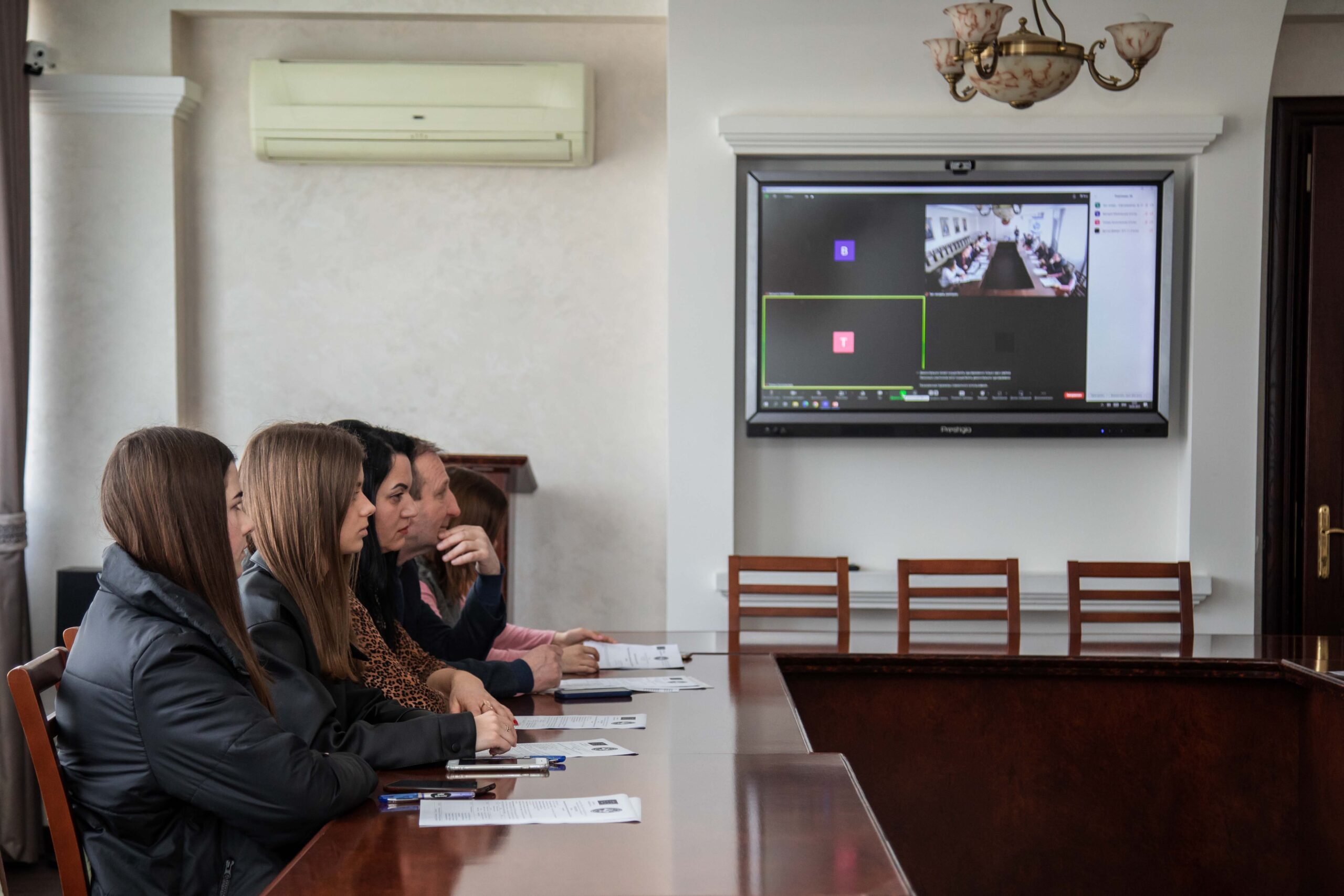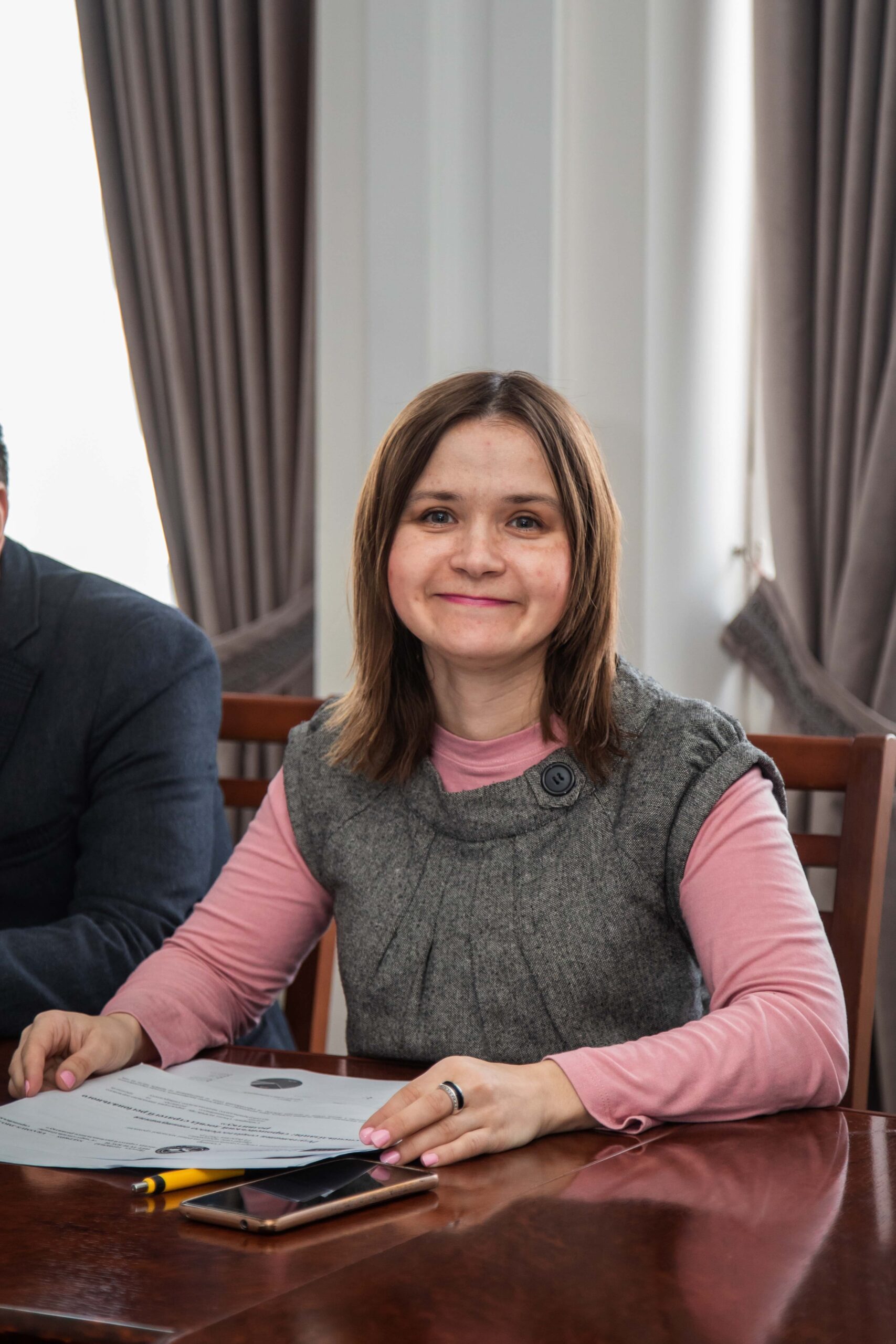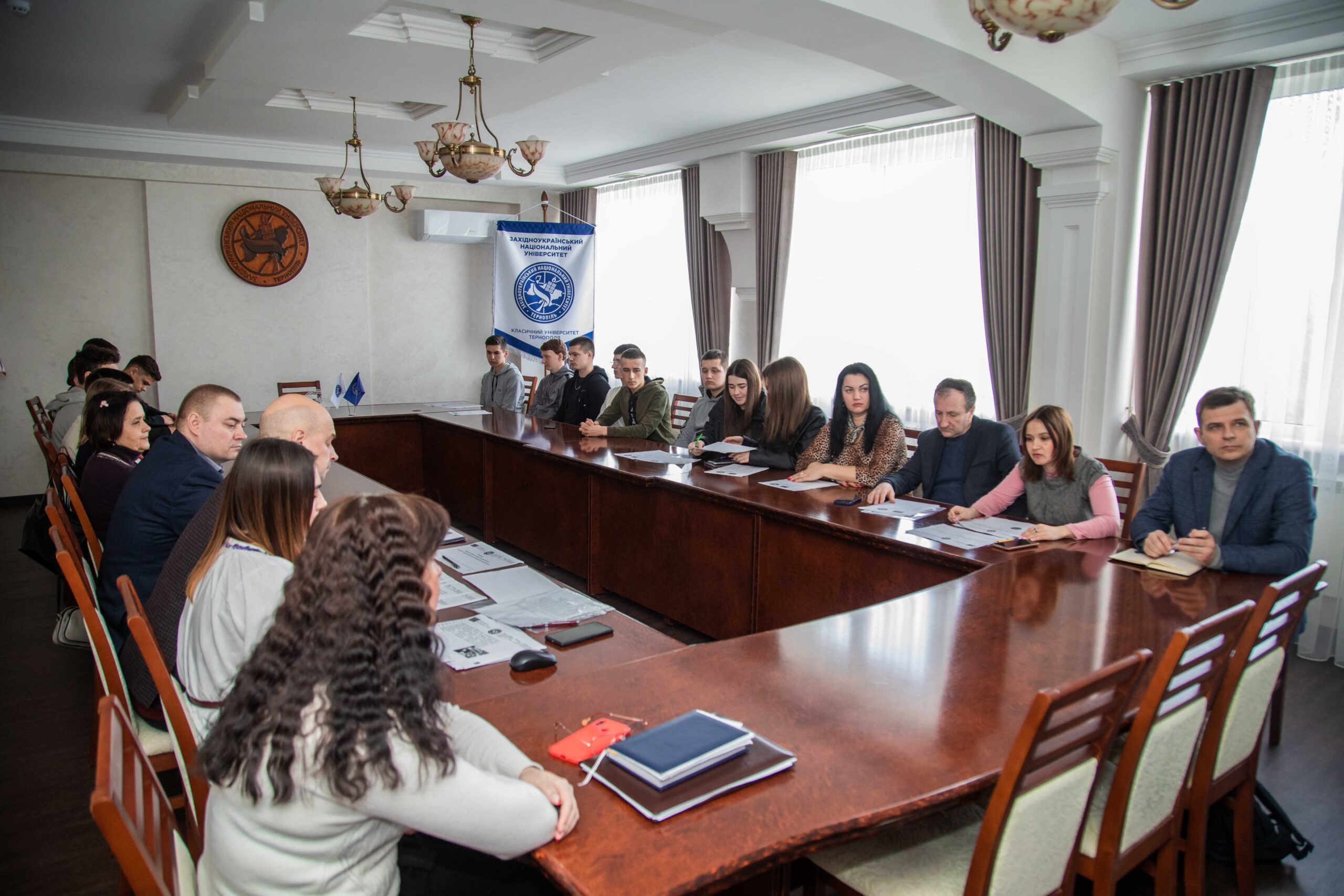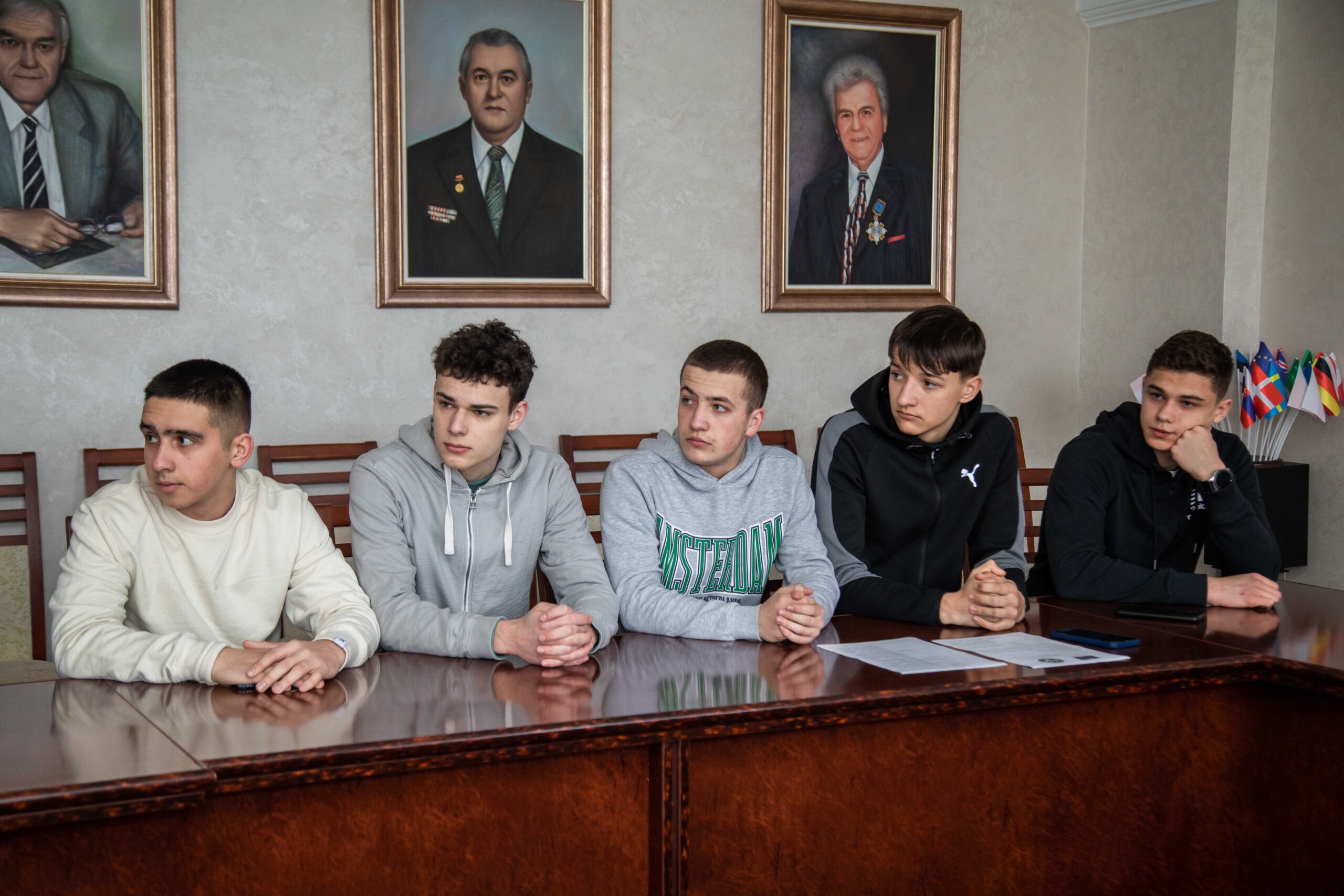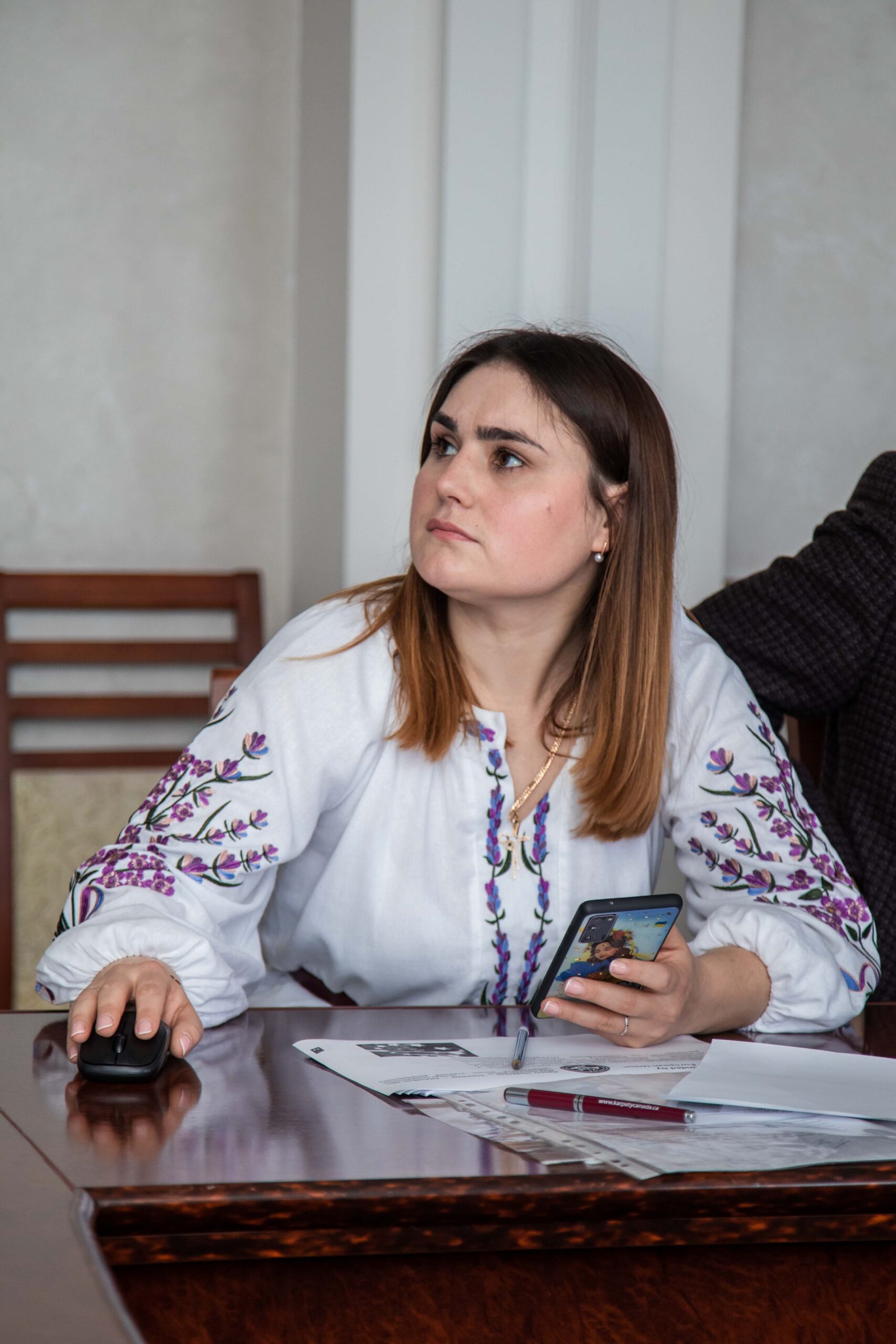Recently, a seminar “Implementation of Smart Specialization at the Local Community Level: Digital Case Program” was held at the Western Ukrainian National University, as part of the project 101085642 – SSEPRDS – ERASMUS-JMO-2022-HEI-TCH-RSCH “Smart Specialization: European Experience of Regional Development Strategy”), under the Erasmus+ program (Jean Monnet).
The event was aimed at expanding public knowledge on the implementation of the European experience of applying the principles of smart specialization developed by the European Union to enhance structural changes in the regional economy, and to shape the development of regional potential for effective functioning in major world markets.
The organizer is the Educational and Research Institute of Innovation, Nature Management and Infrastructure of ZUNU.
Project coordinator: Petro Putsenteilo, Professor of the Department of Business Analytics and Innovation Engineering at ZUNU.
Experts: Vasyl Brych, Director of the Research Institute of Innovation, Environmental Management and Infrastructure, Serhiy Hunko, Deputy Director of the Research Institute of Innovation, Environmental Management and Infrastructure, Uliana Tkach, Deputy Director for International Activities of the Research Institute of Innovation, Environmental Management and Infrastructure, Olena Borysiak, Director of the Research Center for Innovative Development and Training.
The event was attended by more than 80 participants, including university students and the institute’s faculty.
During the seminar, the participants discussed the application of the SMART specialization strategy in Europe, Ukraine and the Ternopil region. They came to the conclusion that smart specialization is a new model of regional and interregional partnership that has significant potential for regional development. The experience gained by European regions to date, along with current cohesion policy programs and pilot projects, should be comprehensively studied and implemented to ensure sustainable development of Ukraine’s regions and improve the living conditions of households.
The project is funded by the European Union. However, the expressed views and opinions belong solely to the authors and do not necessarily reflect the views of the European Union or the European Education and Culture Executive Agency (EACEA). Neither the European Union nor the grantor can be held responsible for them.

